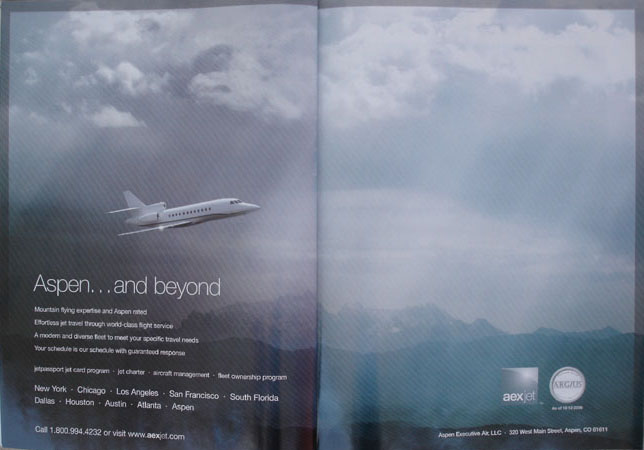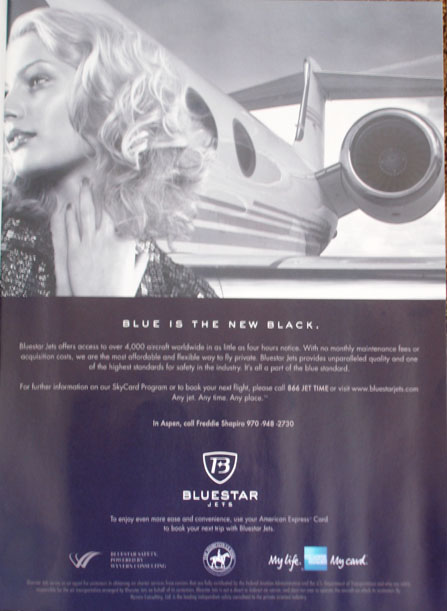In the opening session of the Aspen Ideas Festival, Atlantic owner David Bradley gave a funny, flattering talk in which he cribbed from Aspen Institute president Walter Isaacson's new book on Einstein . In the process, he recycled one of Isaacson's favorite examples: the way Einstein visualized the relativity of time by imagining lightning bolts striking at either end of the track traveled by a fast-moving train.
. In the process, he recycled one of Isaacson's favorite examples: the way Einstein visualized the relativity of time by imagining lightning bolts striking at either end of the track traveled by a fast-moving train.
The example made me wonder, Would Einstein have developed his theory if trains--or some other rapid form of transportation--hadn't been invented? Or was the familiar technology of high-speed travel essential to the intuitive leap? We usually think of technology driving science through new tools like Galileo's telescope or the electron microscope. But by changing the everyday background in which science is done, technologies can also create new sources of scientific inspiration.
Posted by Virginia Postrel on July 02, 2007 • Comments
What I want from doctors is Star Trek medicine--diagnosis and cure with no bodily invasion. Mark Anderson of Wired.com reports that tricorders are getting closer to reality, citing a number of different, largely unrelated, developments, including this mind-blowing one:
In the other research, scientists have developed a compact, precision-magnetic microscope based on a new state of matter. The technology, the researchers said, is as effective as current imaging devices such as MEGs for the brain and MCGs for the heart, which require a hospital visit because the devices are large and expensive.
It's made possible by a state of matter discovered just 12 years ago called the Bose-Einstein condensate.
Physicists at UC Berkeley have developed the device by harnessing a special property of Bose-Einstein condensates: Because they are cooled close to absolute zero, they are as free of vibrations and thermal noise as a quantum system can be, and are thus like a quiet, acoustically pristine concert hall. Tiny magnetic fields that might be unobservable in other systems are easily picked up.
Dan Stamper-Kurn, assistant professor of physics at Berkeley, and his colleagues published the work in the May 18 issue of Physical Review Letters. Unlike the superconductors that power current magnetic imaging, Stamper-Kurn's device is cooled not by gigantic refrigerators but by lasers -- making the prospect for miniaturization bright.
"I don't know when will come the day that you can strap a Bose-Einstein condensation experiment to your head," Stamper-Kurn said. But, he added, both the lasers and the vacuum chambers needed to make a condensate are shrinking fast.
Posted by Virginia Postrel on July 02, 2007 • Comments
In my January/February Atlantic column, I argued that air travel has lost its glamour not just because of the hassles and discomforts it entails but because it's simply too common an experience and hence has lost its mystery and its aspirational quality.
Not so in Aspen, where I've come for the Aspen Ideas Festival, co-hosted by The Atlantic, which has its own Festival blog, where I'll be cross-posting if we can overcome some technical issues. (I'll be moderating a couple of panels.) Here, judging from the ads in local magazines, air travel has recaptured its glamour, thanks to fractional jet ownership. The images are fascinating for the way they express different ideals of travel. (Click photos for larger images.)
AEXjet, an Aspen-based company, provides the most glamorous shot, evoking effortless cruising to unknown destinations. The company's strategy is based on its ability to get in and out of Aspen when other private jets can't.

Bluestar ads another classically glamorous element, with little emphasis on the actual idea of travel. Delta, by contrast, emphasizes the destination and barely shows you a plane.


Finally, Flexjet promises to make you the perfect preppy dad, complete with soccer field right next to the runway. It's the least glamorous ad, and the most obviously calculated to make luxury spending seem like the Right Thing to Do. It's for the kids!

Posted by Virginia Postrel on July 02, 2007 • Comments
. In the process, he recycled one of Isaacson's favorite examples: the way Einstein visualized the relativity of time by imagining lightning bolts striking at either end of the track traveled by a fast-moving train.



